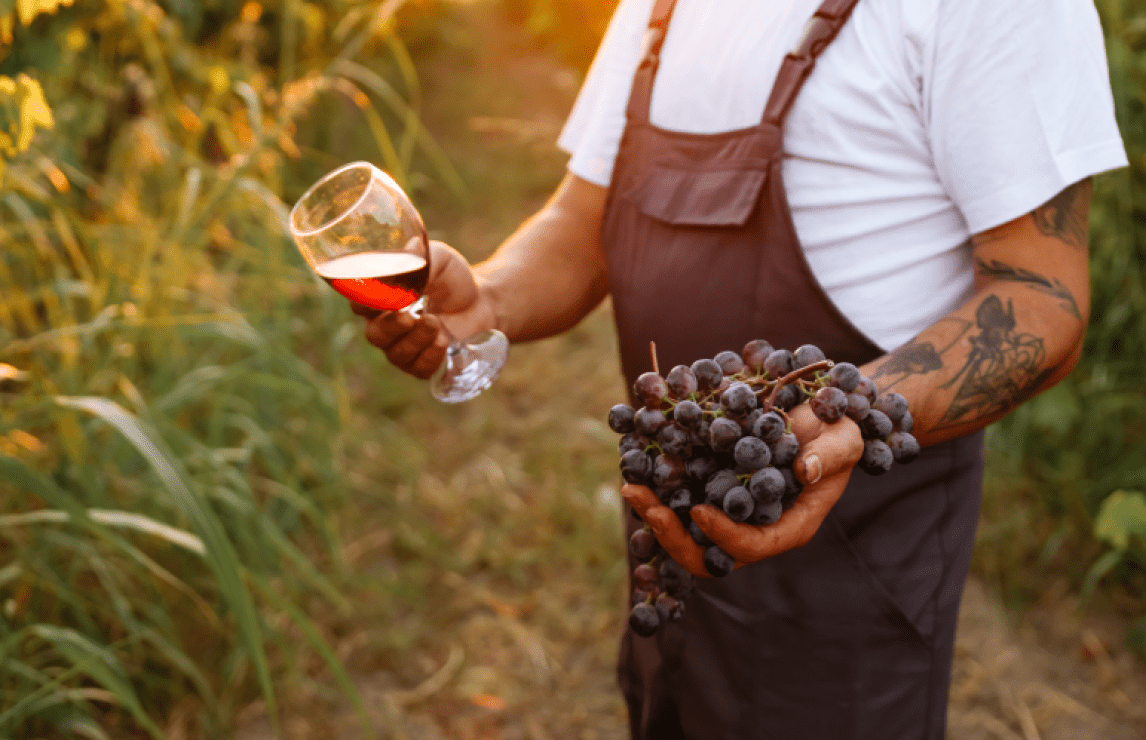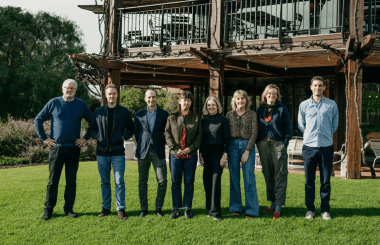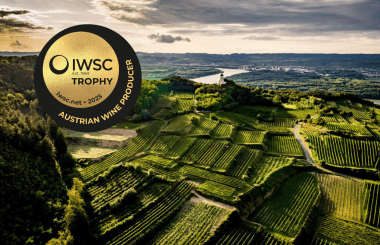Turkish Wine: The Beauty of Diversity
With nearly 7,000 years of wine history, dozens of indigenous grapes, and a splendid collection of terroirs, Turkey can impress even the most discerning drinker. But are Turkish wines ready to hit the international market? Following an in-situ judging in Istanbul, organised in partnership with Tuğrul Şavkay Turkish Wines Competition, IWSC experts have discussed the future of Turkish wine.
“Compared to the first time I came 10 years ago I’d say the overall quality, the consistency, the diversity is so much greater,” said IWSC judge, Master of Wine Sarah Abbott who oversaw the judging panels. “I really like a great number of fresh red wines,” Abbott continued.
Indeed, fresh, fruit-forward, lighter styles of red wines were among the highlights of the Istanbul judging. The international demand for these wines is booming, according to the judges who were pleased to see that Turkish producers ‘listened’ to the global market trends.
“The wines that were really successful with our panel were the ones where there were some restraints in the vineyard. They were made of really ripe fruit, making sure that all the phenolics are ripe. And then there were restraints inside the winery as well – making sure that there is not much oak, that the grape personality really shines – and that’s where the true potential really is,” revealed Cat Lomax, IWSC judge who is an independent Drinks Retail Consultant.
Master of Wine Alistair Cooper expressed a similar sentiment: “I was expecting a little more abuse of oak – and I am glad I was mistaken,” said Cooper for whom it was his first professional encounter with Turkish wines. “I am more impressed than I expected to be, and I can be pretty demanding,” Cooper shared.
One of the red grapes that particularly stood out was the indigenous varietal Kalecik Karasi which the judges compared to Gamay or Pinot Noir. “It is a really versatile variety, we had some delicious Kalecik Karasi in both lighter styles and some more intense oaked styles,” said Sarah Abbott MW.
Erciş Karasi, Boğazkere and Öküzgözü are the other red varieties that performed well, with an outstanding 2021 Erciş Karasi by Akberg Wines earning a gold medal and the highest score of the in-situ judging – 96 points. Another stellar gold went to an Öküzgözü wine - Kocabag Bagcilik Ve Sarapcilik Kocabag Leo's 2020.
“To me, certainly the indigenous varieties were far more interesting than the international varieties. They showed more potential – the lighter styles of red, but equally some fresh white grape varieties. And they really did show the diversity of terroir that they have here,” said Alistair Cooper MW.
The medal count proves the triumph of the indigenous grapes: out of 5 golds, 3 were won by the wines made of 100% native varieties, and another gold went to a blend of indigenous and international grapes.
Speaking of white grapes, the judges highlighted Narince and Emir. “We had some sensational wines from Emir, an indigenous white grape. And they weren’t just ‘oh this is interesting’ kind of wines – they were really delicious, intense, complex,” saidSarah Abbott MW, while Alistair Cooper MW praised the Narince grape: “It showed real vibrancy, almost like Albariño – really fresh, vibrant, salty, saline.” There is an Emir and a Narince among the gold medal winners: Yedi Bilgeler Sarapcilik Vindemia Defne 2022 (Emir) and Mey Icki Sanayi & Ticaret Kayra Vintage Narince 2021.
Nevertheless, international grape varieties also performed well, with 100% Cabernet Sauvignon - Kalpak Tarim Chateau Kalpak 2019 - winning a gold medal. As well as other international grapes – Cabernet Franc, Merlot, Syrah, Chardonnay – are among the silver medal winners. In fact, it is the diversity of Turkish wines that could be the country’s calling card according to our judges.
“There is so much for customers to discover here – and not just the UK customers,” said Cat Lomax, “We had Merlot, Syrah, Montepulciano, Nero d’Avola… It was like tasting the grapes of the world. As a wine consumer, a wine lover, there is plenty to dive into, plenty to get to know.”
“On one hand, there are these really intriguing ancient varieties that have been in this land for centuries – and it’s a lovely offer for connoisseurs, for adventurous wine consumers, to get the trade engaged, to keep geeks like us excited,” said Sarah Abbott MW. At the same time, according to Abbott, the country offers plenty of good quality wines made of international grapes that might interest a less adventurous consumer. “It’s really useful, it’s like you have the experimentation, the openness of the new world and you have this very authentic, ancient viticultural heritage that you associate with the cradles of wines,” Abbott concluded.
Speaking of the future of Turkish wines in the international markets, our judges emphasised the importance of raising awareness via different global channels, including big wine competitions like the IWSC.
“At the moment, there really isn’t a presence for Turkish wines in UK’s large-scale retail, so really there is a huge number of opportunities there, but equally, it’s so much more challenging as you have to initiate the conversation because many people don’t even know if Turkey makes wine,” said Cat Lomax.
Best Turkish Wines 2023








